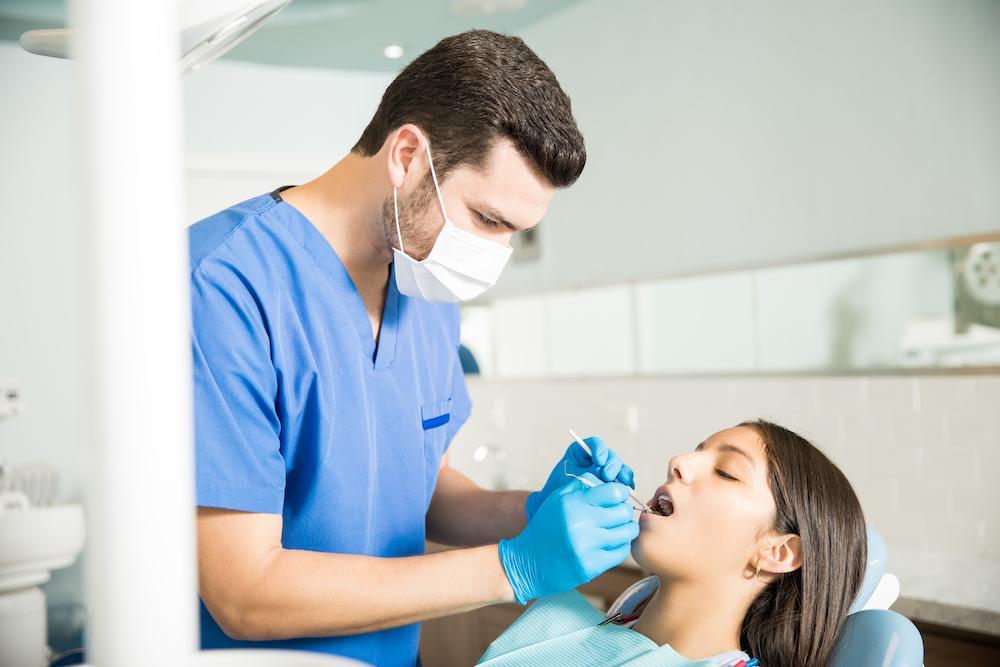Wisdom teeth are one of those nonessential body parts similar to the appendix that can be traced back to the days when humans ate foods like leaves, roots, nuts, and meat. Not having the benefit of cooking their food and using utensils like forks and knives, humans needed these flatter types of teeth called molars that performed the important role of grinding and mashing food down prior to swallowing.
Since wisdom teeth are obsolete and modern man’s jaws are smaller, these four extra teeth may trigger problems that require removal. Although wisdom tooth extraction recommendations may vary from dentist to dentist, there are a few factors that often help determine the final decision.
The highly experienced team of general and cosmetic dentists at Trident Dental in Houston, Texas, sheds some light on the need for wisdom tooth extraction. A good first step in the discussion is to understand that this dilemma is something that a majority of patients will face at one time or another — an estimated 85 percent, have their wisdom teeth extracted.
Can cause crowding
If you look at wisdom teeth purely from a space perspective, sometimes the math just doesn’t work. Typically, by the time that a young adult reaches between the ages of 17 and 25, they may already have 28 permanent teeth.
Many jaws simply aren’t big enough to accommodate these extra teeth. Assuming the wisdom teeth completely emerge perfectly straight without any issues, these extra teeth may cause crowding, affecting the neighboring teeth that still have important functions for chewing.
Crooked teeth can trigger shifting
When wisdom teeth come in crooked or sideways, they can bump into the neighboring teeth and can trigger shifting of nearby teeth and damage. In addition to initiating movement of healthy teeth, crooked wisdom teeth can also put you at higher risk for decay and gum disease since ill-positioned teeth make it much more difficult to properly remove food debris when brushing and flossing.
This concern for shifting is usually the factor at play when wisdom teeth are removed prior to beginning orthodontic treatment. Once braces are removed to reveal the perfect smile, who wants to risk messing up the outcome if wisdom teeth come in and wreak havoc on the perfect smile created?
Painful impacted wisdom teeth can develop
When you think about wisdom tooth issues, the condition called impacted wisdom tooth is the one that most patients think about. It involves not only the crowded and crooked teeth factors, but it also is usually accompanied by some other unpleasant and uncomfortable symptoms, namely pain and inflammation.
A wisdom tooth is called impacted if it gets stuck during the process of erupting from the gums or if it never normally develops at all. If it’s completely stuck, it’s called fully impacted. A partially impacted wisdom tooth cuts through the gum line, but gets stuck in the process so it never fully emerges. In both situations, patients may experience jaw pain, sensitive or bleeding gums, as well as a swollen jaw. Partially impacted wisdom teeth puts you at greater risk for infection, so even if you don’t feel pain, consulting with your dentist is often advisable.
If you feel pain in your jaw or notice issues with your wisdom teeth, contact the compassionate and experienced dental and professional team at Trident Dental in Houston, serving patients in the Greater Houston metropolitan area. Request an appointment using our online booking tool or by calling 281-975-4942.

